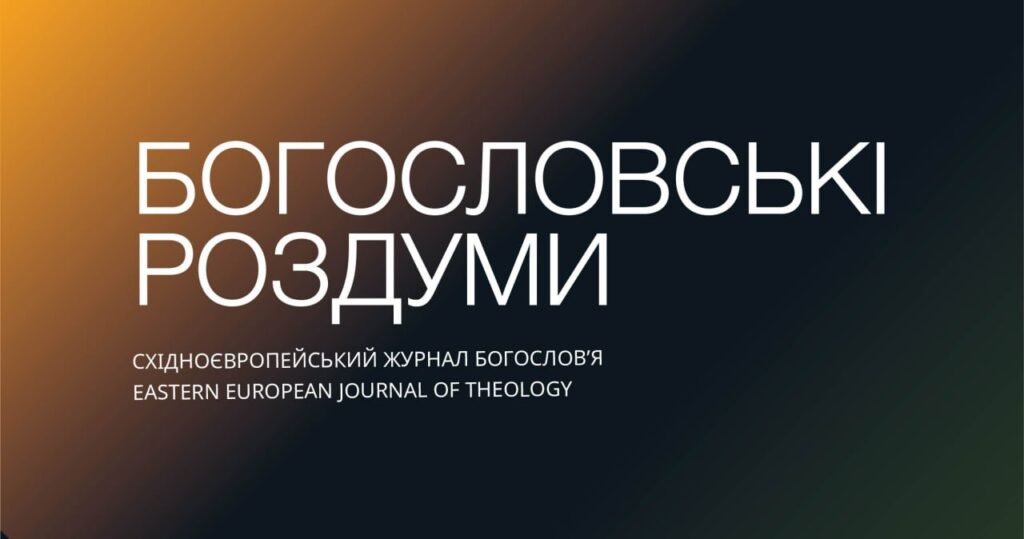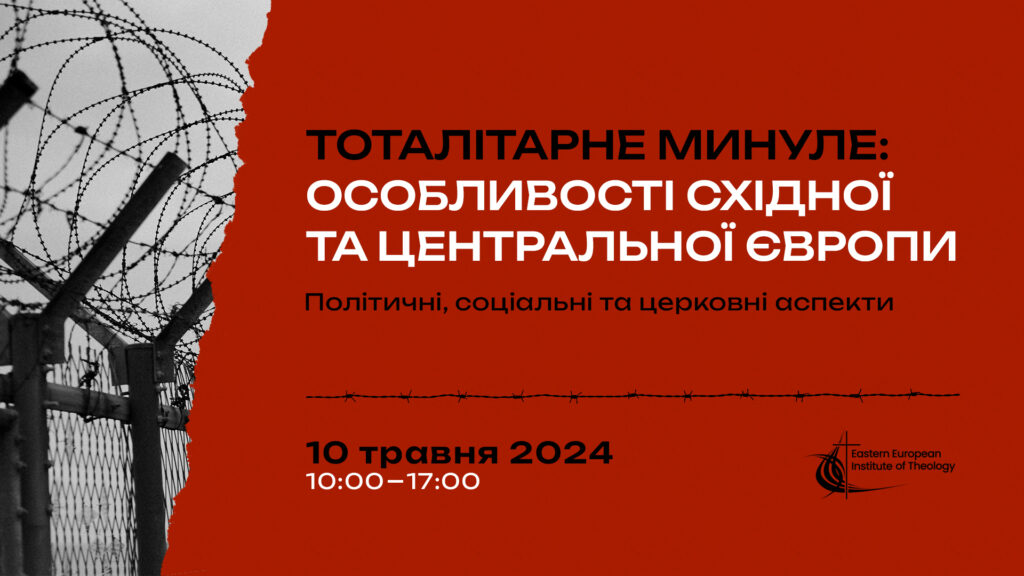From ScholarLeaders International and United World Mission
Jesus said, “If you hold to my teaching, you are really my disciples. Then you will know the truth, and the truth will set you free.” (John 8:31-32, NIV)
The world is witnessing appalling evil on a massive scale in the Russian Federation’s war against Ukraine. This war has been fueled by a heretical distortion of Christian faith (i.e., “Russian World” ideology). The victims of these egregious hostilities are all children of God and include thousands of ministry partners and friends in our own networks. Therefore, we express lament and anger at the evils being perpetrated against the citizens of Ukraine, and we commit ourselves to being a “People of the Bridge” in solidarity with our Christian Ukrainian sisters and brothers. We repudiate the actions of the Russian Federation and its support by some Christian leaders, and we call the global Body of Christ to prophetic speech and concrete action to serve those who suffer in this war.
As leading Orthodox theologians have described, Russian World (Russkii mir) ideology fuses nationalism with a distortion of Christian theology to elevate the Russian Orthodox Church as the guardian of Christianity. Under this ideology, the Russian Orthodox Church joins President Putin (a) to govern the “Holy Russian world,” (b) to resist the perceived cultural incursions of the West, and (c) to overthrow and absorb sovereign nations that they claim to be part of the historic Russian empire. Based on biblical criteria and on the moral bankruptcy evident in the crimes against humanity being perpetrated in Ukraine, we repudiate the Russian World ideology as heresy. We decry the role of Patriarch Kirill of Moscow in advancing this perversion of Christianity and the voices of those members of Christian communities in Russia who have endorsed it.
We deny that any nation or ethnicity (including our own) can claim divine preference; we echo the apostles’ testimony that “our citizenship is in heaven” (Phil. 3:20) and that all national identities are subordinate to our citizenship in the Kingdom of God (Heb. 13:14; 1 Pet. 2:11). While we affirm the legitimacy of delighting in one’s native culture and country, we recognize that the celebration of one’s own people should never give way to asserting one nation’s superiority or divine license to subjugate another.
We decry the military aggression of President Putin and the leadership of the Russian Federation. Against the religious justification that Patriarch Kirill lends to this war, we denounce the use of violence and aggression for the putative advance of the Church. As our Lord Jesus told Pilate,
My kingdom is not from this world. If my kingdom were from this world, my followers would be fighting to keep me from being handed over to the Jews. But as it is, my kingdom is not from here. (John 18:36, NRSV)
We deplore the war crimes committed by the Russian military, including the murder of children and non-combatants, rape, and the execution of prisoners. In no way can such actions be justified by any purported Christian ends.
We reject the slur of “denazification” used by the Russian Federation and adopted by some Russian Christians to justify Russia’s invasion and genocidal actions. While we understand why people recoil at the notion of a Nazi presence in Ukraine, radical right-wing groups are a tiny proportion of the Ukrainian population (as they are of the U.S. population). More to the point, the Russian Federation does not use the term to denote connection to the German National Socialist Party and its anti-Semitism. Rather, Russia explicitly defines Ukraine’s resistance as de facto Nazism for refusing to submit to Russian dominion. The evocation of Nazism is a deeply misleading rhetorical ploy that blatantly distorts Ukraine’s historical and contemporary reality and abuses the term’s plain meaning, actions entirely incompatible with the Christian commitment to truthful speech.
We recognize that Russian Christians must make weighty decisions in the face of their government’s war. We pray that God will give them wisdom and grace for faithful response. We are humbled by the courage of the Russian Christians who have spoken against the war at great personal risk. We urge those who have supported the war to desist from such support. We pray for peace and the eventual healing of relationships with Ukrainian Christians, which can come about only through the work of the Spirit, repentance, and truth-telling about sin (Eph 4:3, 15, 25).
We applaud the bravery and sacrifice of Ukrainian Christian leaders, churches, seminaries, and parachurch organizations that are providing food and housing for the displaced and pastoral care for the wounded. We commit ourselves to supporting these leaders during this war and to joining with them in the process of healing and reconstruction thereafter.
We thank Ukraine’s evangelical theological leaders for being an example to us by raising their voices against this evil, and we call the people of God globally to follow their example by speaking truth and rejecting Russian aggression. To that end, we commend the Ukrainian Christian leaders’ statement “Voices from the Ruins” as a valiant, prophetic witness, and we commit ourselves to continue to amplify their theological testimony. We will work with them to reestablish the training of theological leaders and to foster the restoration of Christian congregations after the war.
We exhort Christians in the U.S. and around the world not to be deceived by Russian propaganda that illegitimately justifies this war with fear of liberalism, gay-pride, or secularism. Disciples of the self-sacrificial Messiah cannot turn a blind eye to injustice because of fear: “There is no fear in love, but perfect love casts out fear” (1 John 4:18).
In the moral clarity of this moment, we urge Christians globally, particularly Western Christians, to take stock of the dangers of heretical Christian nationalism. We caution against alliances between churches and any party or agenda. No nation has divine sanction for political hegemony over other nations. As Christian organizations, we confess that certain expressions of Christian nationalism and colonialism have historically undergirded some missionary expansion, so we commit ourselves not to perpetuate those patterns in our ongoing ministries.
We thank the many who have provided generous aid to the Ukrainian people. We call churches globally to continue to care for this war’s victims. We urge believers, especially in the U.S., to open their borders and hearts to Ukrainian refugees and not to allow economic considerations such as increases in the prices of food and fuel to distort their moral evaluation of this war. We recall that Jesus blesses those who serve him through care for the hungry, the sick, and the migrant and that he warns that punishment awaits those who neglect the vulnerable (Matt. 25:34-43). We commit ourselves, therefore, to prayer, faith, and compassionate action.
Will not God grant justice to his chosen ones who cry to him day and night? Will he delay long in helping them? I tell you, he will quickly grant justice to them. And yet, when the Son of Man comes, will he find faith on earth? (Luke 18:7-8, NRSV)


